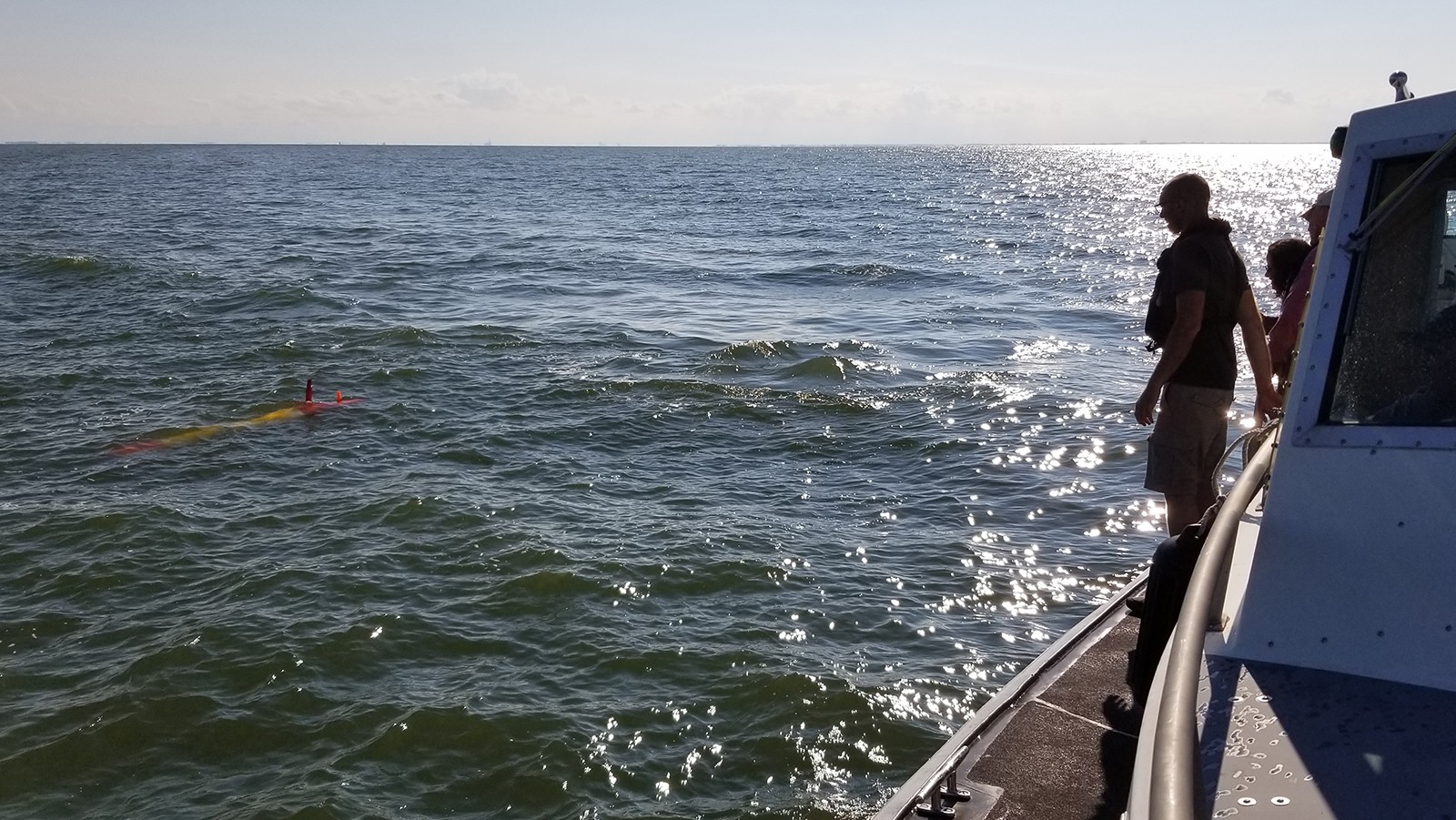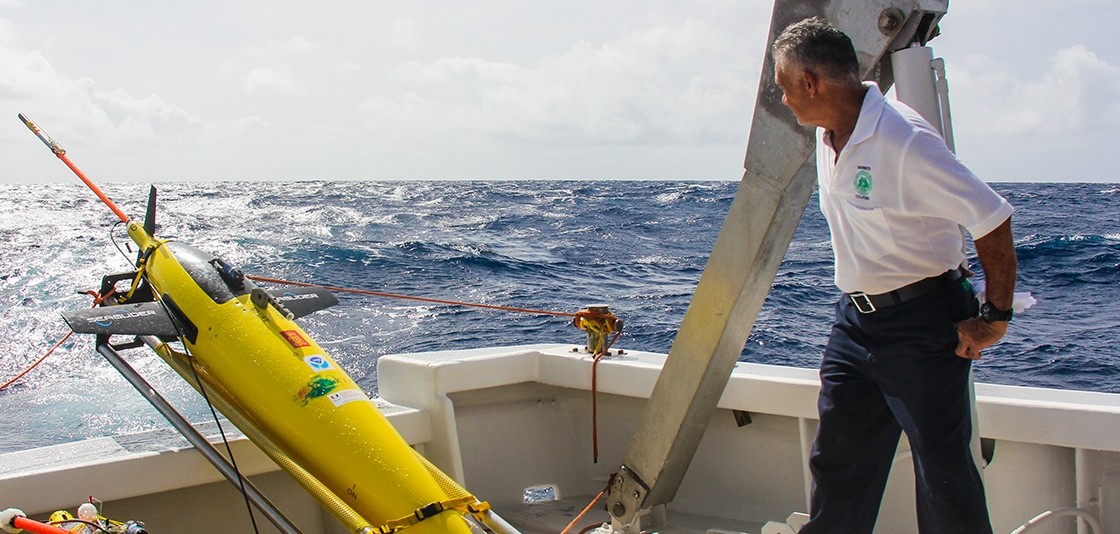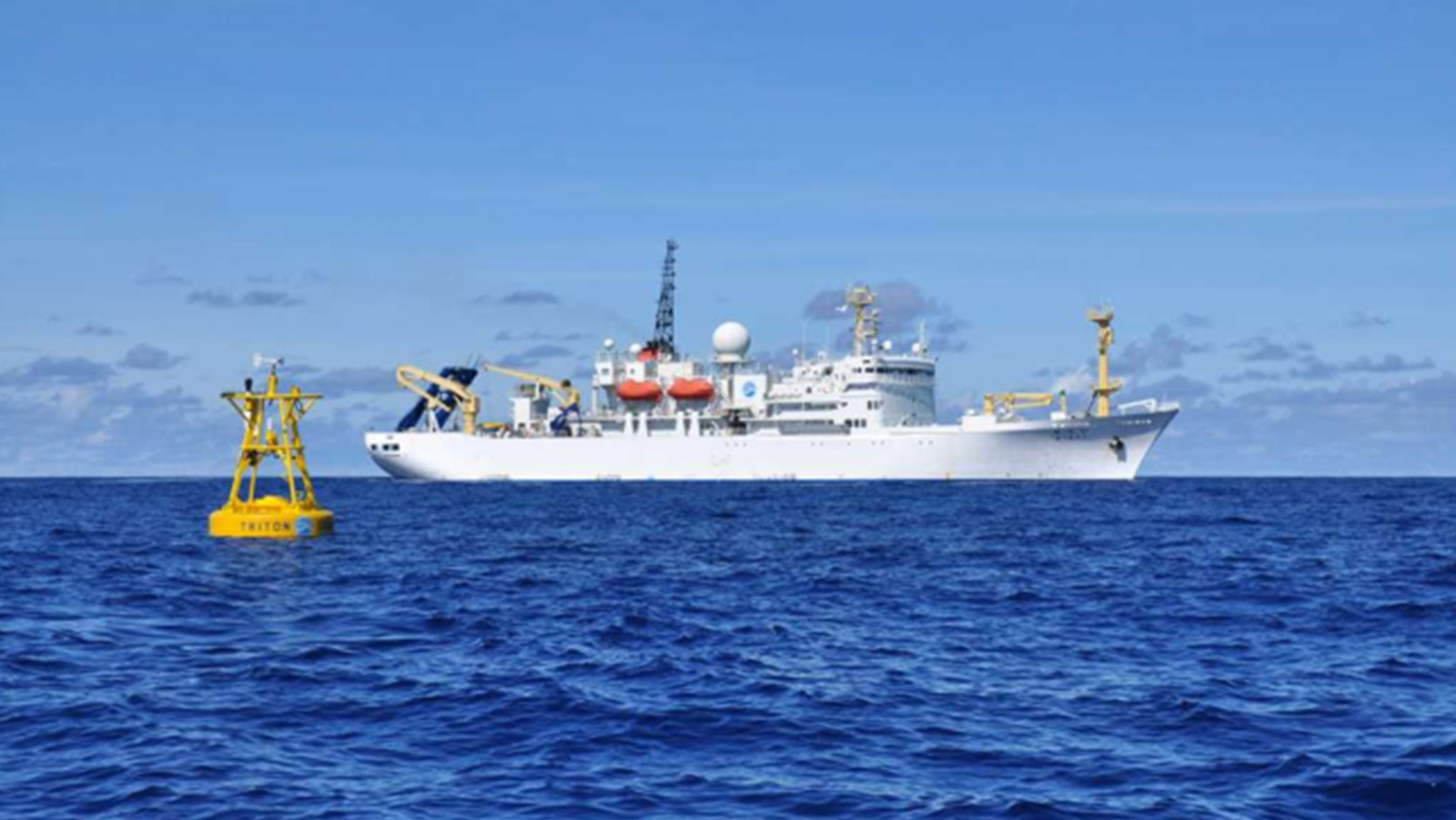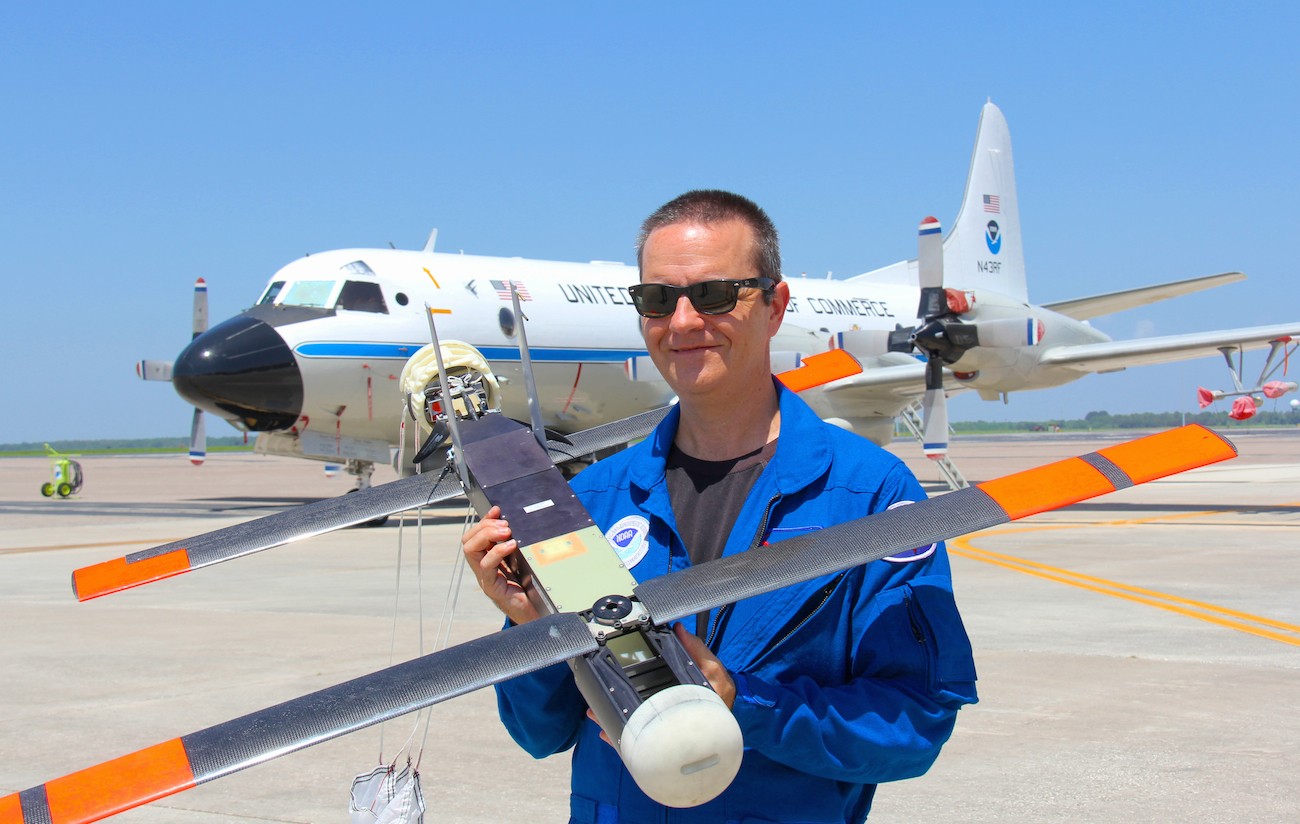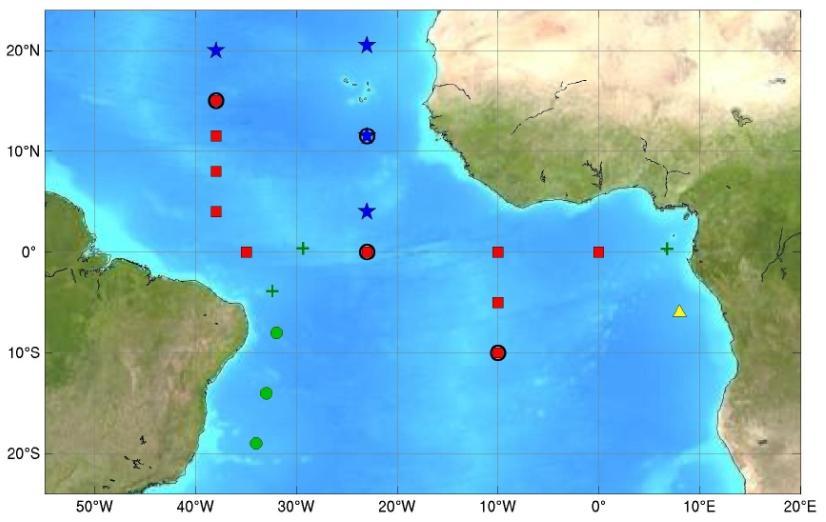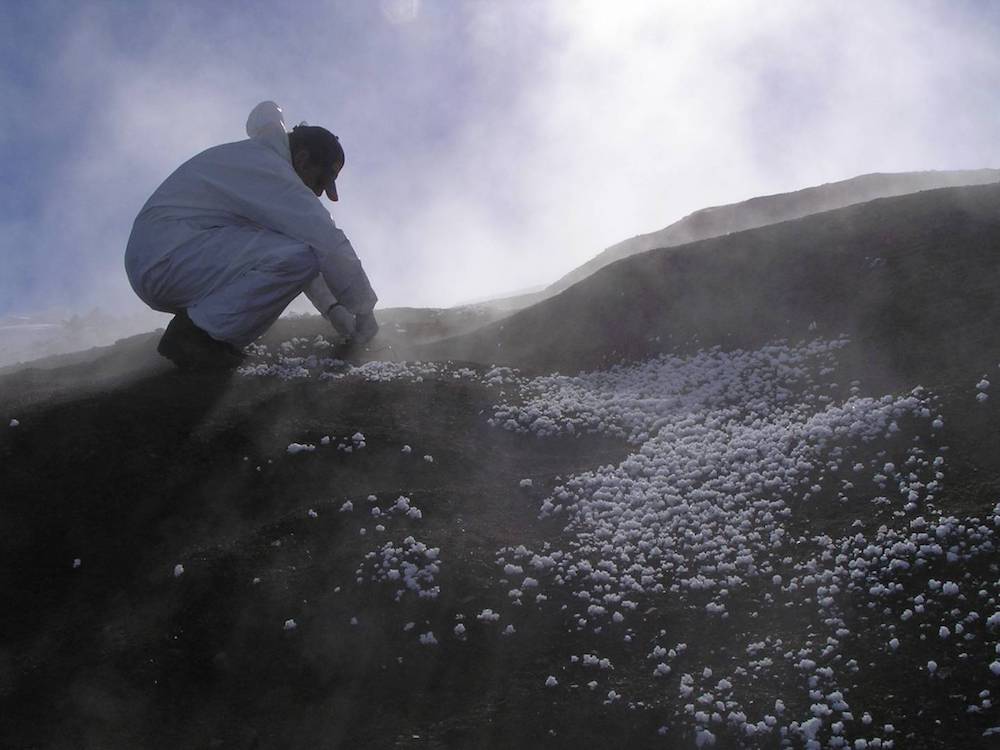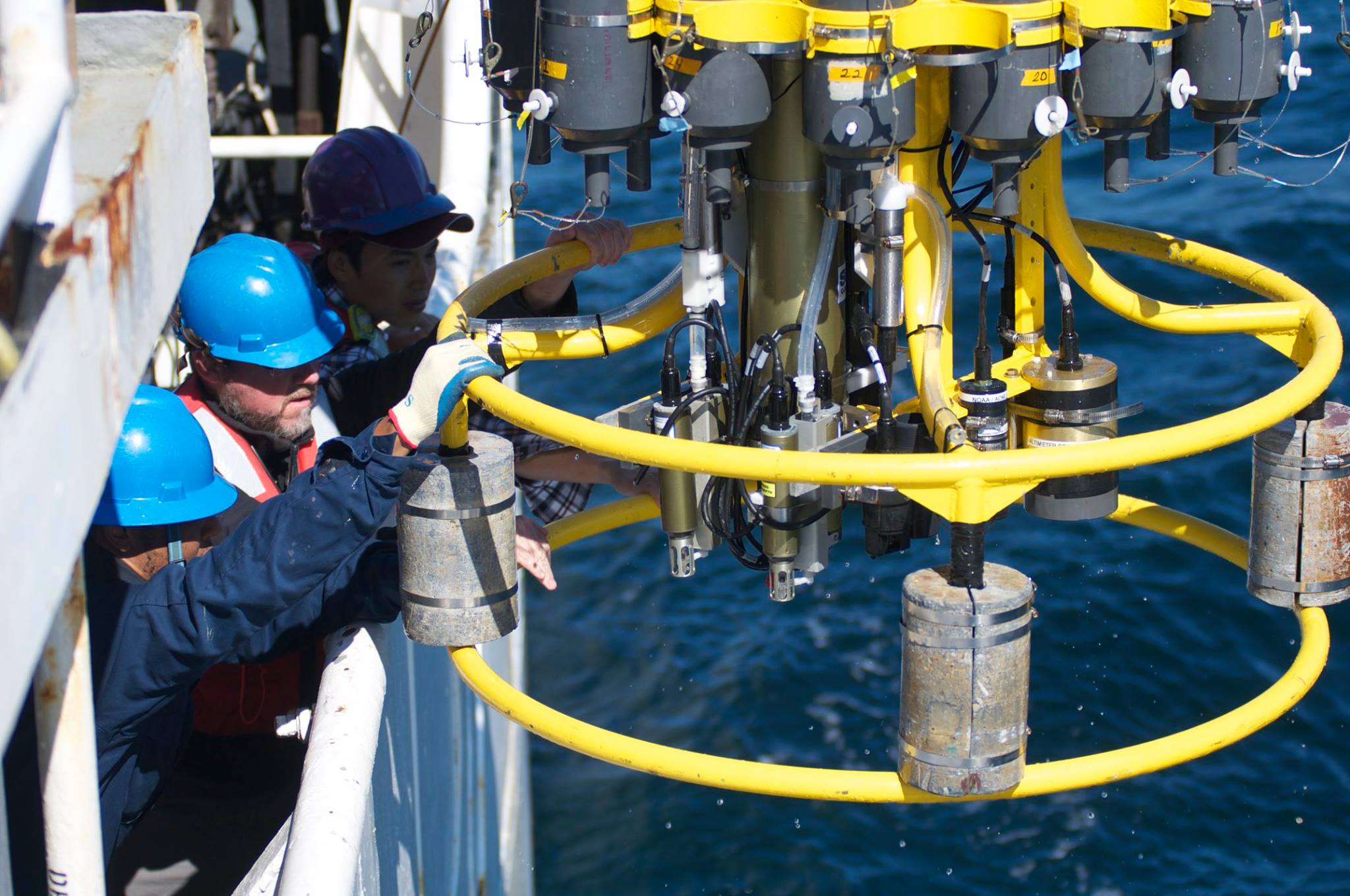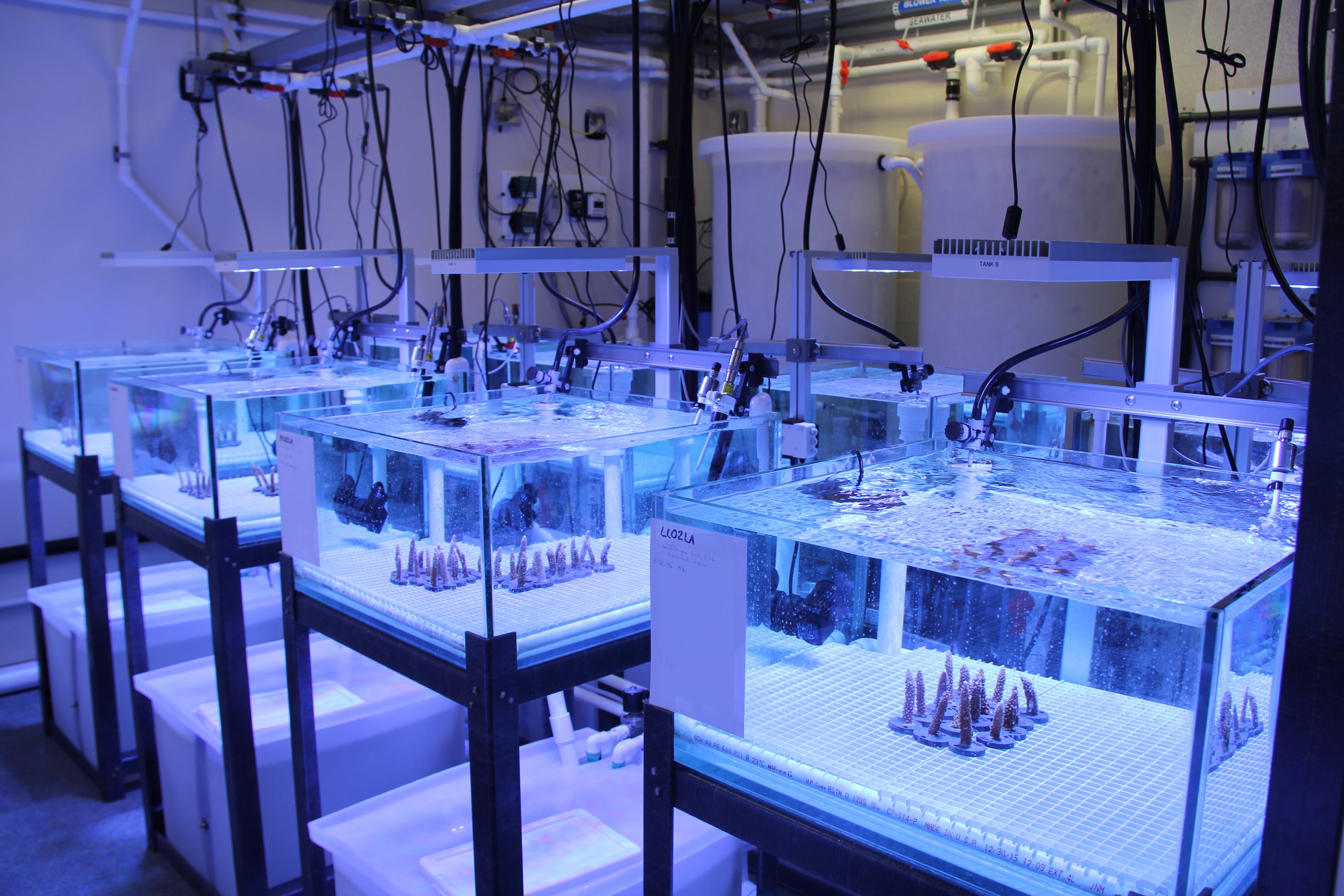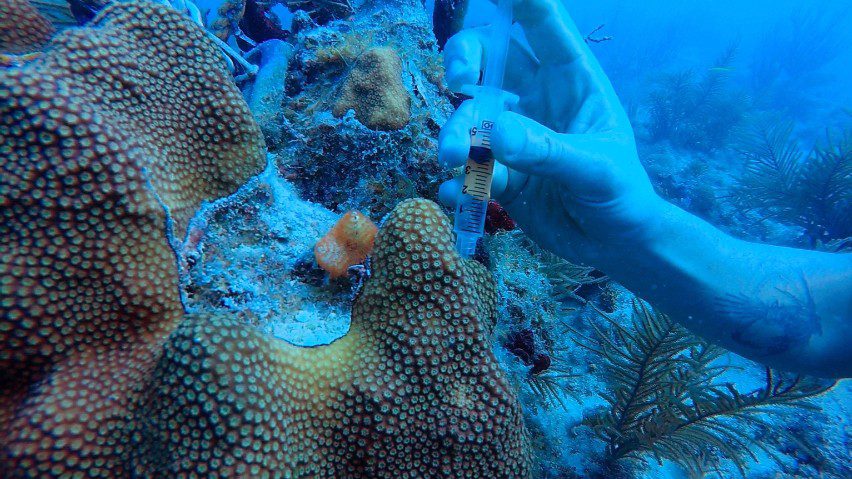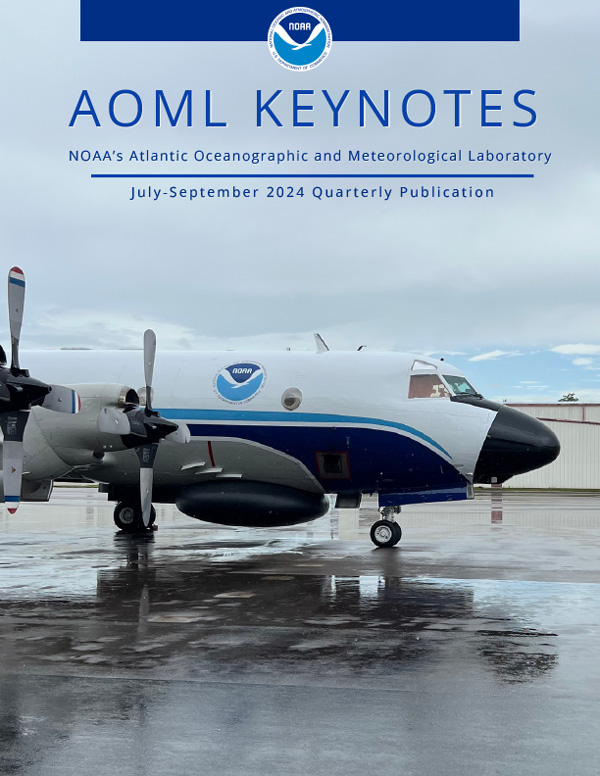NOAA Collaborates with Partners to Test Unmanned Underwater Vehicles which Record Harmful Algal Blooms in Lake Erie
In a collaborative effort between NOAA, the Cooperative Institute for Great Lakes Research, and the Monterey Bay Aquarium Research Institute, research merging robotics with biochemistry will give us a detailed, three-dimensional picture of harmful algal blooms in Lake Erie in near real-time and take water samples for genomic analysis. The end goal is a Harmful Algal Bloom forecast to help managers make decisions about environmental health and public safety pertaining to the lake. AOML’s own Dr. Kelly Goodwin is participating in the project to help with instrument and sample recovery.
